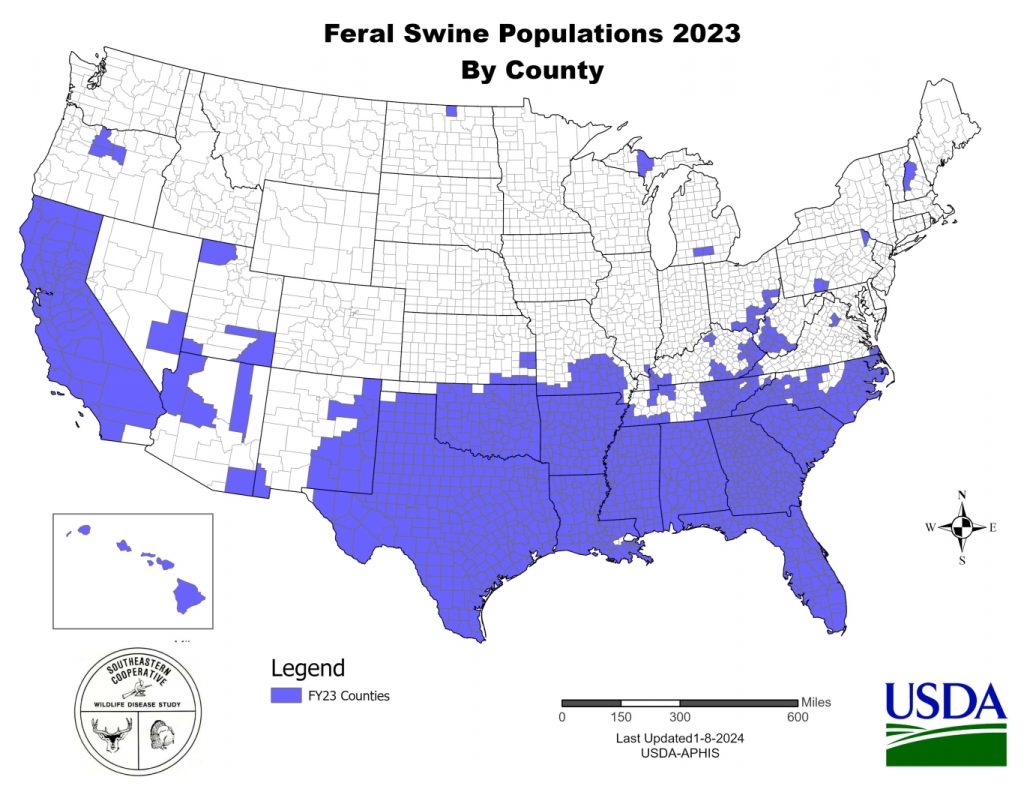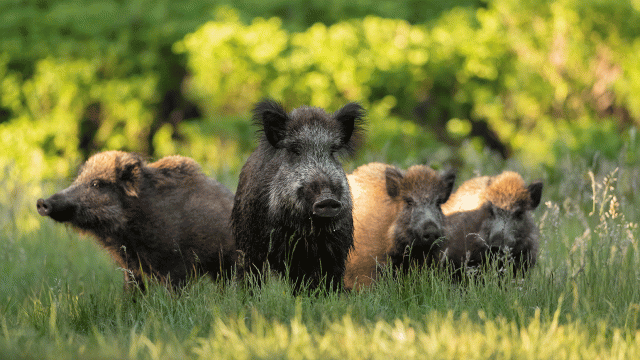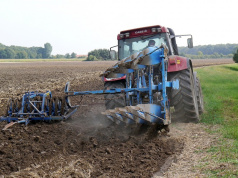
COLUMBUS – The Ohio Senate has unanimously passed House Bill 503, legislation aimed at protecting the state’s food supply by prohibiting the importation of wild boar and feral swine into Ohio. The bill, which passed with a 31-0 vote, seeks to address the economic and environmental threats posed by these invasive animals.
“Invasive feral swine have a devastating effect on our farms, livestock, and even public health,” said Senator Tim Schaffer (R-Lancaster), Chairman of the Senate Agriculture and Natural Resources Committee. Schaffer’s committee advanced the bill to the full Senate, emphasizing the urgency of addressing this growing issue.

Feral swine cause significant economic harm to Ohio’s agriculture industry by damaging property and spreading diseases, according to testimony from the Ohio Pork Council. A single case of African Swine Flu in Ohio could halt critical pork exports, drive down hog prices, devastate pig farmers, impact grain producers, and threaten the U.S. food supply.
“This legislation will help eliminate the threat while protecting our family farms and all Ohioans,” Schaffer said.
As Chairman of the Senate Agriculture and Natural Resources Committee for four years, Schaffer emphasized the importance of crafting a thorough solution. The committee carefully reviewed the bill to ensure Ohio avoids the costly consequences experienced in other states. For example, Texas spends an estimated $300 million annually attempting to contain its feral swine epidemic.
Under the new legislation, Ohio residents will be permitted to eliminate feral swine on their property without a hunting license. The bill also establishes a process for reporting sightings or eliminations to the Ohio Department of Natural Resources, Division of Wildlife.
Feral swine are responsible for approximately $2.5 billion in annual damage nationwide, including crop destruction and control efforts. Southeastern Ohio has already confirmed feral swine populations in eight counties, highlighting the need for immediate action.
“It’s time to eliminate this problem for our farmers in southern Ohio and prevent it from spreading elsewhere,” Schaffer said.
House Bill 503 now heads back to the Ohio House of Representatives for a concurrence vote. If enacted, it would represent a significant step toward safeguarding Ohio’s agricultural resources and rural communities.










